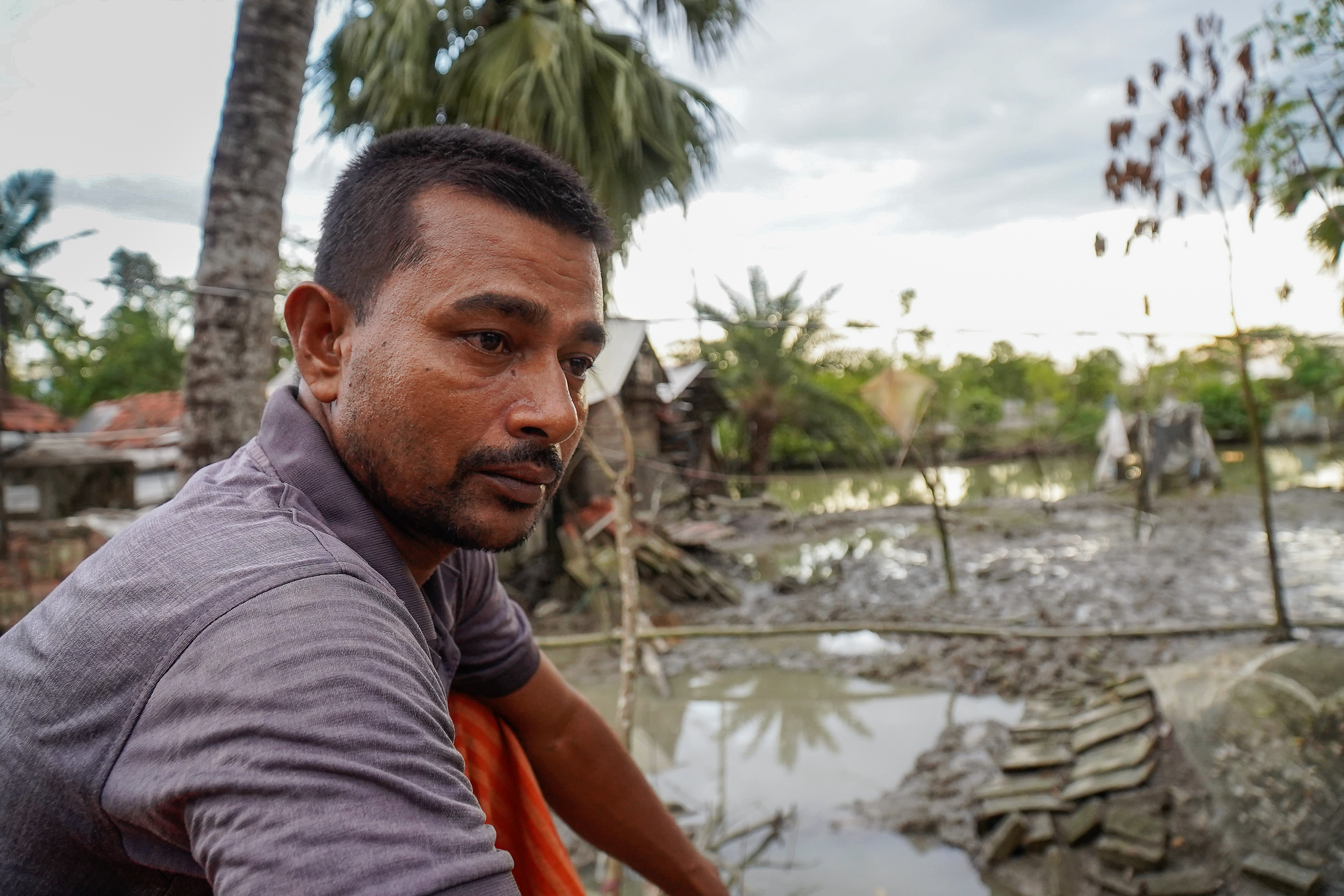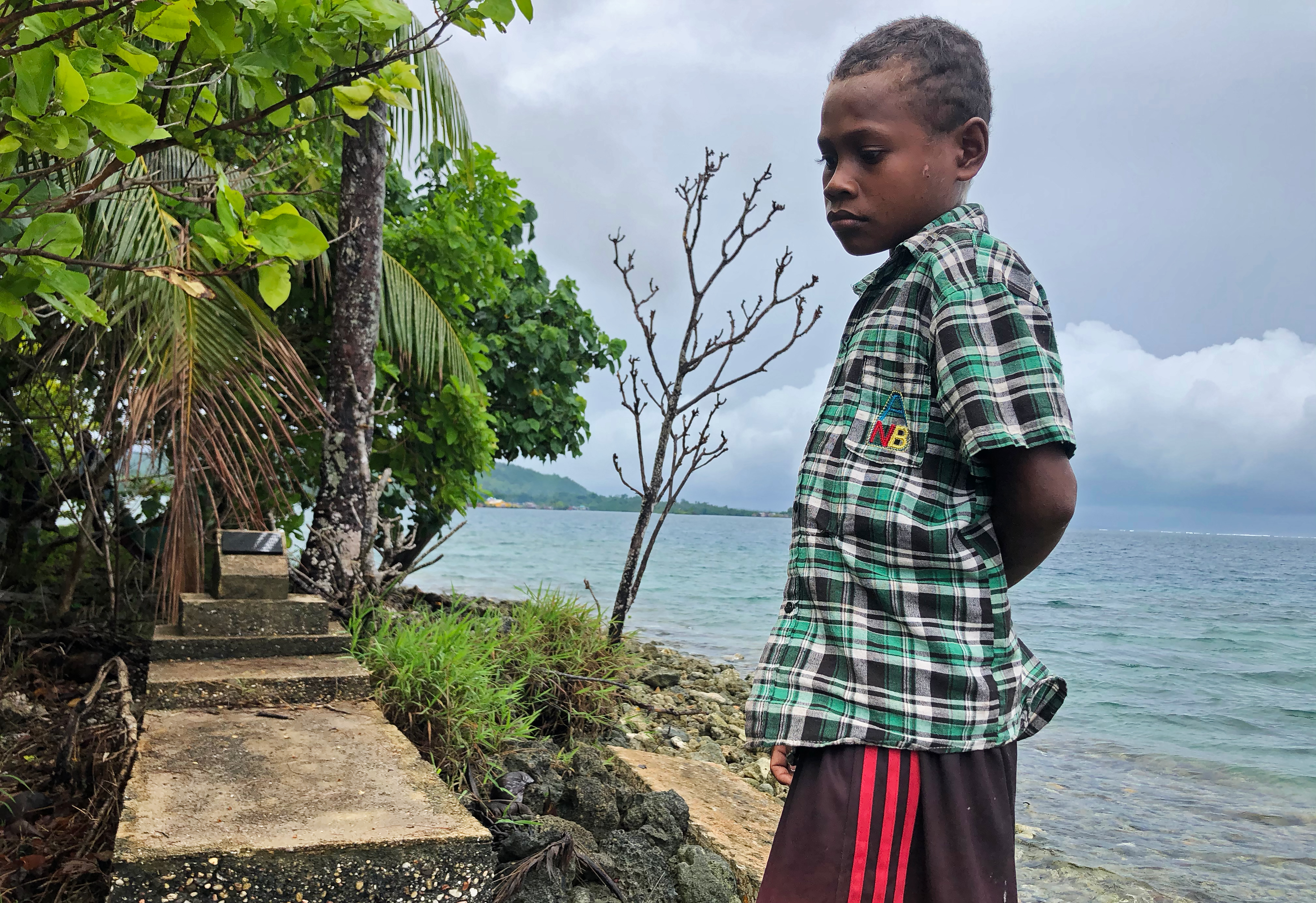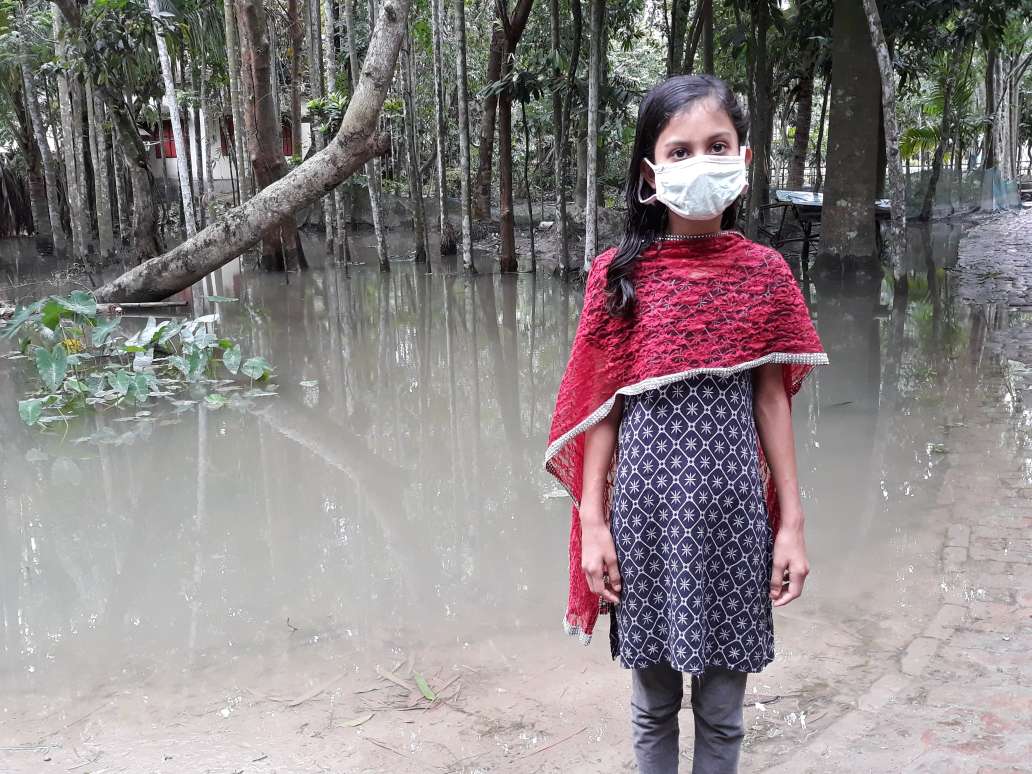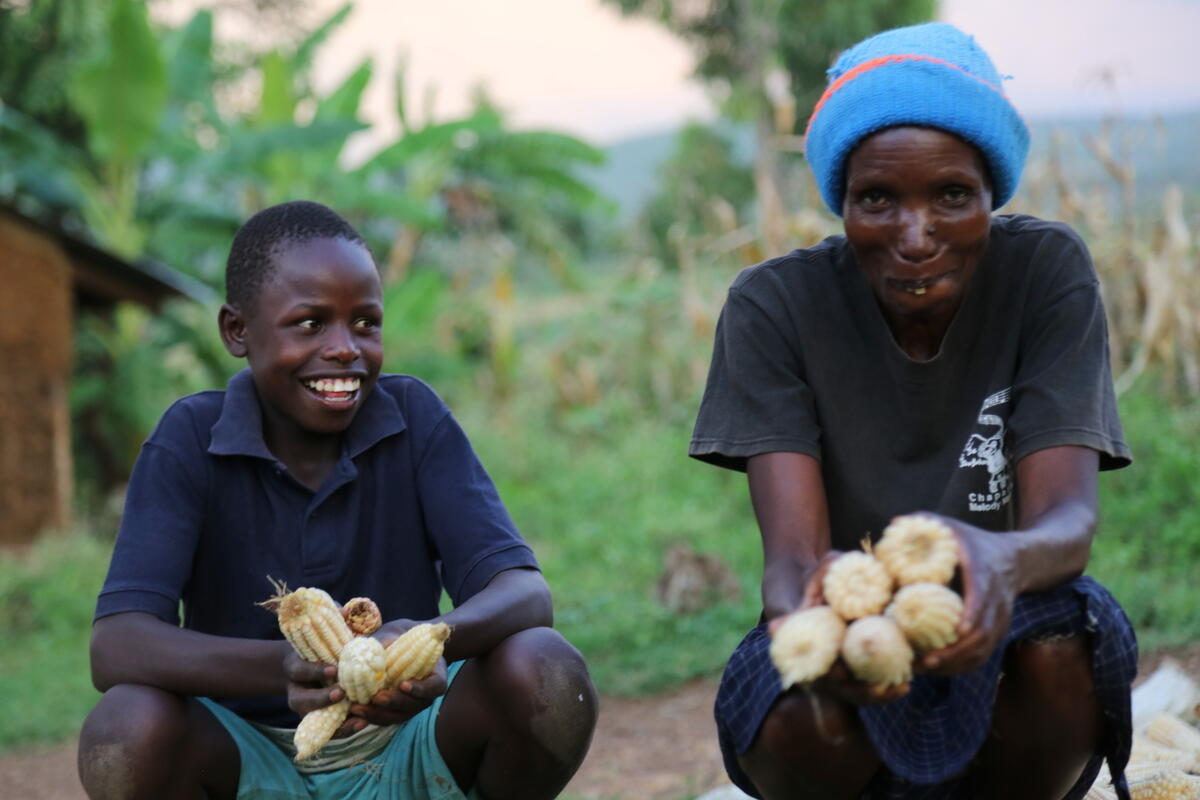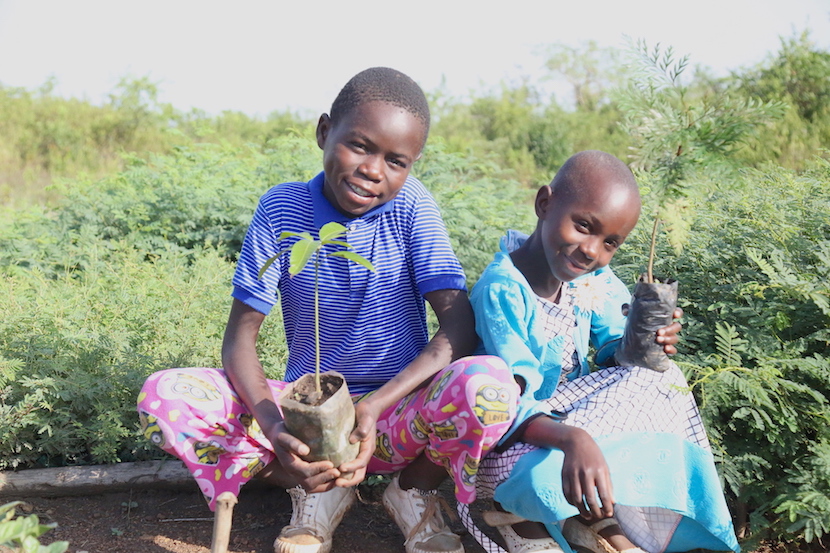
World Vision @ COP26
Why does COP26 matter to the world's most vulnerable children?
Going to Glasgow
By Jason Garret, Senior Resilience Programming Advisor, World Vision UK
My bags are nearly packed and my train ticket booked. Accommodation in Glasgow has gone quite crazy due to COP26, with prices ridiculously high.
I’ve never been to a COP before and have only attended much smaller international conferences, so I don’t really know what the whole event will be like, but it is likely to be huge, with a large number of official delegates coming from around the world for the negotiations. We’ll be taking part in the ‘Day of Action’ march on 6 November, alongside Tearfund, Christian Aid and CAFOD. Plus, taking part in Cities 4 Children: Our climate, our future – an intergenerational dialogue, The Future Children Want with the Children in a Changing Climate Coalition and launching our new report looking at the impact of climate change on children and nutrition.
These are all opportunities for us to raise the voices of children at COP26. Each of these events will include children talking about how their communities are impacted by climate change and what decisions and actions they want to see our leaders take.
Children like Tenema and Tejan, both 17, from Bo, Sierra Leone. Here’s why COP26 matters to them:
“We have been working on issues of child marriage, teen pregnancy and other problems affecting children in our community for years, but it wasn’t until we were invited to a National Commission for Children event about the Sustainable Development Goals last year that we realised how big an issue climate change was as well.
“We recognised, listening to the other children and organisations, that a lot of the issues we’d been working on had been tied to climate change all along. Climate change affects kids in every part of their lives – health, education, protection – but we didn’t have anything to do with creating it.
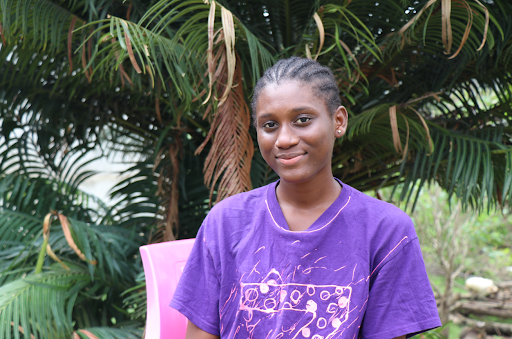
How climate change is affecting children in Sierra Leone
“In Sierra Leone, climate change has exacerbated both our wet and our dry seasons. In extreme rains the roads become impassable and drown the rice crop, one of our staple foods. It’s difficult to get to school in the floods, and sometimes even if we students do show up, the teachers do not.
“In the dry season in Sierra Leone, our rivers and lakes dry up and families struggle to catch enough fish to feed themselves. Our crops suffer in the heat, and pests arrive to eat what’s left. Mosquitos breed in the dry riverbeds, and malaria infection rates go up. Searching for water also interferes with our school attendance, as we have to walk further and further to find sources. Girls worry about their safety going long distances looking for water too.
“The deforestation currently taking place in our communities also makes all of these effects worse. People are cutting down trees to produce charcoal, which not only means we have less trees, but more air pollution too. The government has been promoting a ‘cut 1, plant 2’ campaign to combat deforestation, but so far it’s not been working. The lack of trees make the problems of heat and scarce water worse, and leaves our buildings more exposed to wind.

Finding solutions to climate change
“Climate change is something that’s affecting kids globally, from our schooling to our health. We’ve been working in our community to raise more awareness about environmental issues when we’re invited to talk on the local radio, and challenging our chief and religious leaders, asking them what they’re doing about hunger.
“We need our government and other world leaders to take action to address climate change. The government should empower more young people to speak up and involve them at the local level, not just those who live in the capital Freetown. Farmers should be given drought-resistant seeds, and supported to adapt climate-smart agriculture practices.
“We want happy and healthy futures, but that isn’t going to be possible unless leaders address climate change at COP. In the face of extreme heat, drought, and natural disasters, what are politicians doing to ensure we get the futures we deserve?”
This is why World Vision is at COP26. Children like Tenema and Tejan are at the sharp end of climate change – their futures being dramatically affected, through no fault of their own.
I pray that these children will be able to get their voices heard by decision makers in Glasgow and that we will see really ambitious action coming out of COP26.

